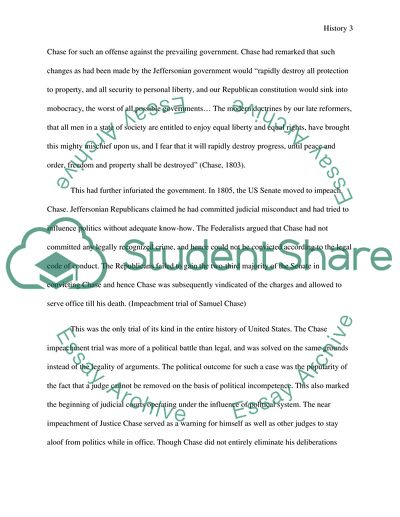Cite this document
(“History: The Chase Impeachment and The Elections of 1860 Essay”, n.d.)
Retrieved from https://studentshare.org/history/1584735-history-the-chase-impeachment-and-the-elections-of-1860
Retrieved from https://studentshare.org/history/1584735-history-the-chase-impeachment-and-the-elections-of-1860
(History: The Chase Impeachment and The Elections of 1860 Essay)
https://studentshare.org/history/1584735-history-the-chase-impeachment-and-the-elections-of-1860.
https://studentshare.org/history/1584735-history-the-chase-impeachment-and-the-elections-of-1860.
“History: The Chase Impeachment and The Elections of 1860 Essay”, n.d. https://studentshare.org/history/1584735-history-the-chase-impeachment-and-the-elections-of-1860.


